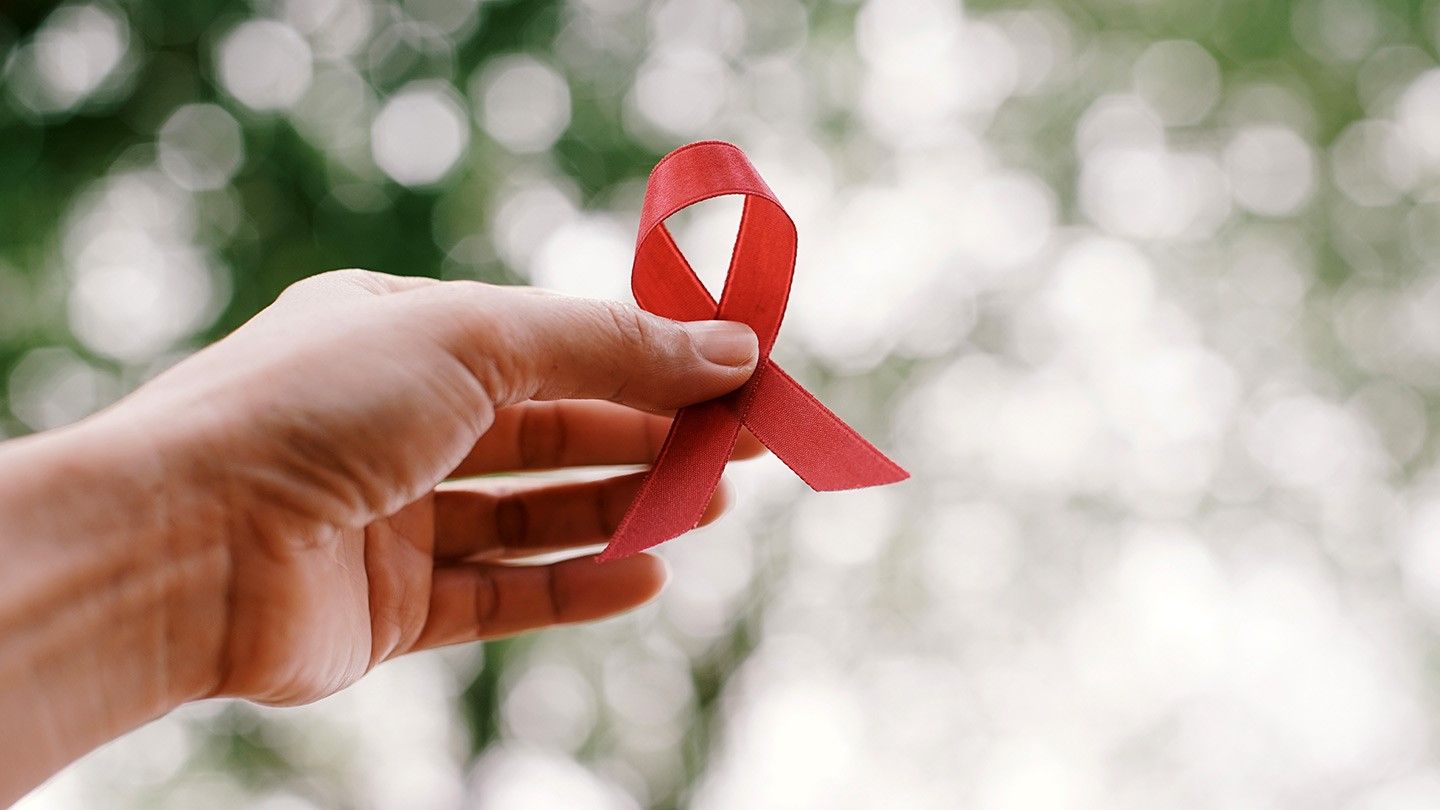During the first time a person gets the virus, there are some things that happen to their body. HIV is one of the most feared viruses that people have, but very few people know what happens to their bodies when they get it for the first time.
As a way to be more informed, we’re going to look at some of the things that happen to your body and immune system when you get a new virus for the first time. Let go and learn something new.
When you get HIV for the first time, how does it affect your body and immune system?
After that, we’ll get to the main point of writing this piece: HIV can be spread through unsafe sex, blood transfusion, sharing sharp objects with people who don’t know their health status, and so many other things. It attacks the immune system of a person as soon as it gets into their body, which is the first thing it does.
TRENDING: GANG RECRUITING FIRE SERVICE PERSONNEL BUSTED AT LAPAZ HOTEL [WATCH]
It tries to kill the CD4 cells, which are the body’s defense mechanisms. It also makes these cells more likely to reproduce, but only infected ones. The CD4 cells would keep making new cells, but not as healthy immune system cells, but as HIV-infected cells, so they would keep making new cells.
People who get the virus for the first time often have a lot of virus in their bodies, which makes it easier for them to spread it to other people than at later stages. However, you can always pass it on to someone else unless you get rid of the virus. CD4 cells get infected and killed, which means the body’s immunity would drop a lot. When these cells are being destroyed, people may or may not see these signs.
1. Tiredness.
2. I keep having a headache for no reason at all.
TRENDING: ‘WHY MY PAPA NO BE DANGOTE?’ – TIWA SAVAGE LAMENTS
3. Swollen lymph nodes as a response to an attack on the body’s defenses. An armpit, neck, and groin area are swollen.
4. Even in cold weather, people get night sweats.
In the same way, some people notice the symptoms, but not all of them, like I said. The acute stage is when HIV is at its most dangerous. People may think they’re just having the flu, but it’s more serious than that. At this point, if nothing is done, the virus moves into the long-term stage. During this time, the immune system fights off the virus and starts making new CD4 cells, which makes them grow.
Because the virus would keep multiplying in the body for as long as 10 years, this fight is usually short-lived. The virus would eventually destroy the immune system and make people sick with AIDs, though. So, you should always go for a test.








